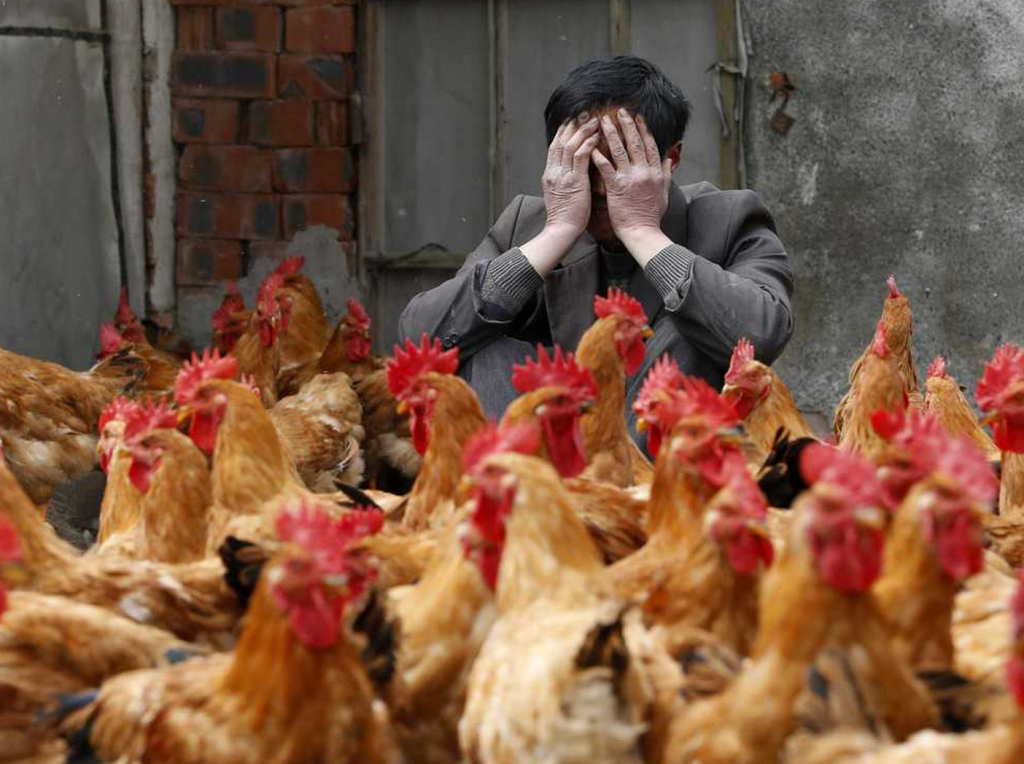Shenzhen Food Safety Crackdown Finds Contaminated Meat, Noodles and Fish
Posted: 04/4/2014 11:29 amWhen overly ambitious food retailers take to acting as amateur chemists to cut corners, they keep the savings but pass the hazardous effects onto us, the consumer. It’s another kind of “lightning in a bottle”.
A total of nine people have been arrested in food safety crackdowns by the Shenzhen Food Safety Department last year. Most of the convictions stemmed from the sale of counterfeit name brand baijiu, drinking water, and beer, but three cases involved the sale of food contaminated with hazardous chemicals.
The most recent food safety “blacklist” details some of the food Shenzhen residents may have been eating this past year, SZ News reported.
Grass fish, Mandarin fish, Yellow fish – six fish out of a sample of eleven were found to contain malachite green, a controversial aquaculture agent that controls bacteria and fungi. It can be safely used for fish in aquariums, but not recommended for consumable fish as it poses a health risk to humans. Banned in the USA, UK, and Canada, this agent also known as “China green” is commonly used as a dye.
Four seafood sellers at Luofang Seafood Wholesale Market were found guilty of using malachite green during a September 25, 2013 inspection and given sentences of six to ten months in jail and given fines up to RMB 10,000.
Fried rice noodles – excessive amounts of sodium borate or Borax were found in noodles sold by a food seller in Longgang District. Because of its effectiveness against yeast, Borax is often used as a food preservative but is mostly used in China to add a firm rubbery texture to noodles. Is banned in the USA, Canada, New Zealand and Australia.
Fan Chuhao, owner of the Chuhaoji Beef Store, failed a food inspection on March 25, 2013 and convicted. Fan was sentenced to six months in jail and fined RMB 3,000.
Marinated meat – high levels of hydrogen peroxide were found in marinated meat at a food processing workshop in Longgang’s Henggang Subdistrict. Hydrogen peroxide can be used as a bleaching agent for shark fin, but is used in meat preparation because it kills bacteria and helps tenderize the meat.
Xue Chonglan failed a March 15 inspection and was convicted. Xue was sentenced seven months in jail and fined 4,000 yuan.
Shenzhen first established a food safety “black list” on September 1, 2013. If guilty, persons named to this list are not allowed to work in the food industry for five years. This recent list is the third one to be published so far.
Photo: hbshuichan










